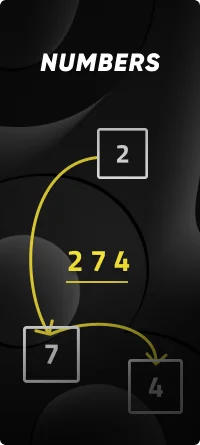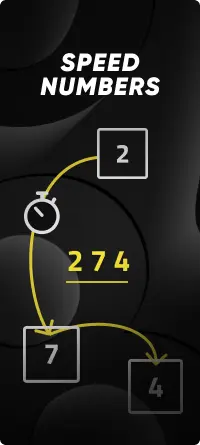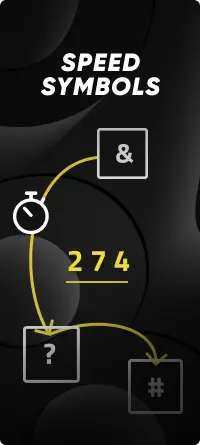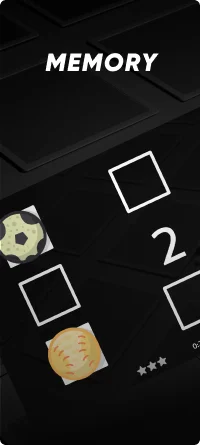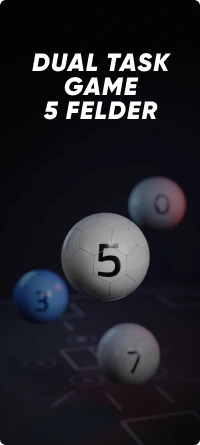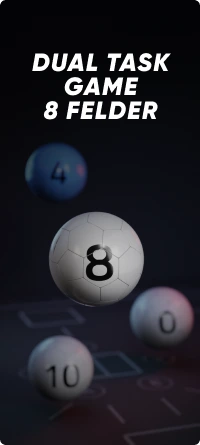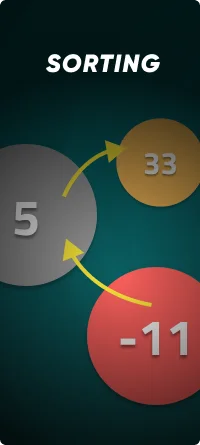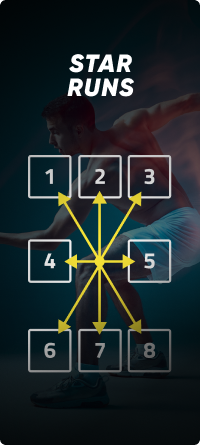Spatial
Awareness
Know where you are and where to go
Imagine,
you can …
… navigate
more effectively.
Your
benefits
as …
An Athlete
Good spatial awareness in sports is crucial because it enables athletes to effectively recognize their position, opponents, and goals, thereby optimizing their performance and strategies.
A Patient
Spatial awareness in rehabilitation is crucial for helping patients regain physical mobility, motor skills, cognitive function, and overall independence while preventing accidents and discomfort.
A best Ager
Spatial awareness helps to maintain physical function, navigate surroundings safely, and continue engaging in various activities, contributing to a high quality of life as they age.
A first responder
For first responders, spatial awareness is essential as it enables them to assess emergency situations effectively, navigate through complex environments, and make rapid decisions to ensure the safety and well-being of individuals and themselves.
What is spatial awareness?
Definition
Spatial awareness is the ability of the brain to determine our position in relation to other objects in the environment. We use prominent landmarks in our surroundings, as well as sensory information such as sight, hearing, and balance.
Good spatial awareness allows us to navigate safely in traffic among numerous other road users, make use of open spaces on the field, and find our way in the environment even without a navigation system.


Orientation ability
Development
As we age, spatial awareness tends to decline. Around the age of 50, there is initially a reduction in spatial perception and navigation ability, and in later years, direction perception and spatial memory also diminish. Insufficient use of spatial awareness due to reliance on navigation devices can accelerate this process, leading to orientation difficulties, insecurity, a decrease in quality of life, and an increased risk of accidents.
Specialized training in spatial awareness combined with physical activity can significantly enhance navigation skills. The SKILLCOURT is designed to assist you in this regard.
Spatial awareness
is trainable
At every level
To improve spatial awareness, the SKILLCOURT combines navigation tasks with physical activity. Players must navigate the SKILLCOURT, select and approach the correct field based on information displayed on the screen. This stimulates navigation skills to enhance neural plasticity.
Additionally, physical activity triggers the release of growth hormones, which support brain adaptations such as the formation of new synapses and reduce the loss of nerve cells. These growth hormones have a particularly strong impact on the hippocampus, a brain region crucial for both memory and spatial awareness. Therefore, many orientation training programs also include a memory component. By harnessing the synergistic effects of spatial awareness, memory, and physical activity, the SKILLCOURT optimizes training outcomes and their real-world application.
Spatial
Awareness
Exercises
Don’t lose track
SKILLCOURT is designed for improving spatial awareness. Through a variety of exercises, playful content, and ever-changing challenges, SKILLCOURT assists you in enhancing your spatial awareness. The physical activity involved in these exercises also boosts neural plasticity in the brain. Training tasks include:
What people
say

The orientation training with SKILLCOURT has significantly improved my spatial awareness. The interactive exercises have helped me navigate unfamiliar environments more efficiently.
– Dustin B.

As someone who frequently travels to new cities, the orientation training with SKILLCOURT has been a great help. I now feel more confident and adept at exploring new places.
– Laura S.

The orientation training on SKILLCOURT has truly enhanced my abilities as an athlete. I can now better estimate distances and speeds, opening up new possibilities for me on the field.
– Tara B.
Become a SKILLCOURT Partner
Are you interested in the SKILLCOURT and would like more information
on how you can integrate the training into your facility?
FAQs
Whar is meant by spatial awareness, and how does it influence life?
Orientation describes the skill to determine one’s own position in the environment. Key factors of spatial awareness include navigation, spatial perception, and direction perception. In everyday life, we rely on a good sense of orientation to navigate in traffic, find the fastest route, and safely reach our destination. In sports, it helps us identify open spaces, while in professions such as pilots, frequent travelers, engineers, or architects, a strong sense of orientation is beneficial.
What are the advantages of Orientation training with SKILLCOURT for everyday life?
Technological advancements such as navigation systems contribute to an ongoing decline in spatial awareness. Training on SKILLCOURT can counteract this trend and assist in improving spatial awareness. As a result, we can determine our way to the destination quickly and safely, even in complex situations.
What role do sensory abilities such as balance and hearing play in orientation training?
The vestibular system and balance provide information about spatial orientation, movements, accelerations, and speed, all of which are crucial for perceiving one’s position in the environment and anticipating changes.
The auditory system allows for the localization of sounds. For instance, in traffic, it enables us to estimate the distance and speed of vehicles. Together with the visual and vestibular systems, this leads to a comprehensive assessment of the environment, known as multisensory perception.
What types of SKILLCOURT exercises train spatial awareness?
To enhance spatial awareness, you will find a variety of exercises in the ‘Orientation’ category that require effective navigation on SKILLCOURT. The training includes:
– Numbers
– Speed Numbers
– Symbols
– Speed Symbols
– Memory
– Dual Task (5)
– Dual Task (8)
– Sorting
– Star Run
– Random Star Run
Contact us
Are you interested in SKILLCOURT and would like more information on how to integrate the training into your facility? Then get in touch with us, and together we will develop a concept tailored to your needs!

